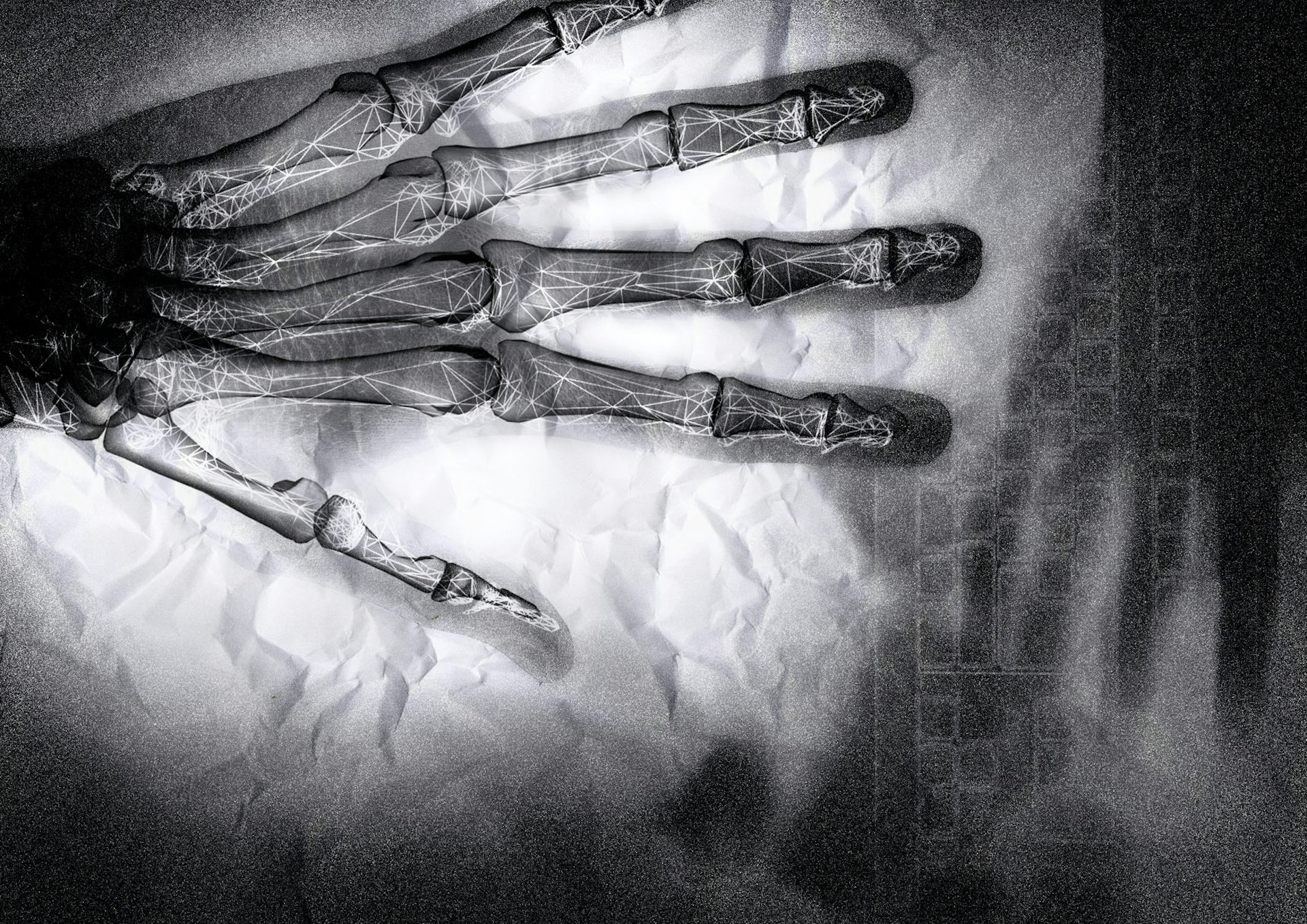Readers trust journalists less when they debunk rather than confirm claims
Providing a correction can affect how the audience feels about the journalists trying to set the record straight.

Pointing out that someone else is wrong is a part of life. And journalists need to do this all the time – their job includes helping sort what’s true from what’s not. But what if people just don’t like hearing corrections?
Our new research, published in the journal Communication Research, suggests that’s the case. In two studies, we found that people generally trust journalists when they confirm claims to be true but are more distrusting when journalists correct false claims.
Some linguistics and social science theories suggest that people intuitively understand social expectations not to be negative. Being disagreeable, like when pointing out someone else’s lie or error, carries with it a risk of backlash.
We reasoned that it follows that corrections are held to a different, more critical standard than confirmations. Attempts to debunk can trigger doubts about journalists’ honesty and motives. In other words, if you’re providing a correction, you’re being a bit of a spoilsport, and that could negatively affect how you are viewed.
How we did our work
Using real articles, we investigated how people feel about journalists who provide “fact checks.”
In our first study, participants read a detailed fact check that either corrected or confirmed some claim related to politics or economics. For instance, one focused on the statement, “Congressional salaries have gone up 231% in the past 30 years,” which is false. We then asked participants about how they were evaluating the fact check and the journalist who wrote it.
Although people were fairly trusting of the journalists in general, more people expressed suspicions toward journalists providing corrections than those providing confirmations. People were less likely to be skeptical of confirmatory fact checks than they were of debunking articles, with the percentage of respondents expressing strong distrust doubling from about 10% to about 22%.
People also said they needed more information to know whether journalists debunking statements were telling the truth, compared with their assessment of journalists who were confirming claims.
In a second study, we presented marketing claims that ultimately proved to be true or false. For example, some participants read an article about a brand that said its cooking hacks would save time, but they didn’t actually work. Others read an article about a brand providing cooking hacks that turned about to be genuine.
Again, across several types of products, people thought they needed more evidence in order to believe articles pointing out falsehoods, and they reported distrusting correcting journalists more.

Why it matters
Correcting misinformation is notoriously difficult, as researchers and journalists have found out. The United States is also experiencing a decadeslong decline of trust in journalism. Fact-checking tries to help combat misinformation and disinformation, but our research suggests that there are limits to how much it helps. Providing a debunking might make journalists seem like they’re just being negative.
Our second study also explains a slice of pop culture: the backlash on someone who reveals the misdeeds of another. For example, if you read an article pointing out that a band lied about their origin story, you might notice it seems to create a sub-controversy in the comments of people angry that anyone was called out at all, even correctly. This scenario is exactly what we’d expect if corrections are automatically scrutinized and distrusted by some people.
What’s next
Future work can explore how journalists can be transparent without undermining trust. It’s reasonable to assume that people will trust a journalist more if they explain how they came to a particular conclusion. However, according to our results, that’s not quite the case. Rather, trust is contingent on what the conclusion is.
People in our studies were quite trusting of journalists when they provided confirmations. And, certainly, people are sometimes fine with corrections, as when outlandish misinformation they already disbelieve is debunked. The challenge for journalists may be figuring out how to provide debunkings without seeming like a debunker.
The Research Brief is a short take on interesting academic work.
Randy Stein receives funding from Cal Poly Pomona Learn Through Discovery Projects Hatchery program.
Caroline Meyersohn received funding from Cal Poly Pomona Learn Through Discovery Projects Hatchery program.
Read These Next
Artists and writers are often hesitant to disclose they’ve collaborated with AI – and those fears ma
Whether they’re famous composers or first-year art students, creators experience reputational costs…
Honoring Colorado’s Black History requires taking the time to tell stories that make us think twice
This year marks the 150th birthday of Colorado and is a chance to examine the state’s history.
50 years ago, the Supreme Court broke campaign finance regulation
A gobsmacking amount of money is spent on federal elections in the US. The credit or blame for that…






